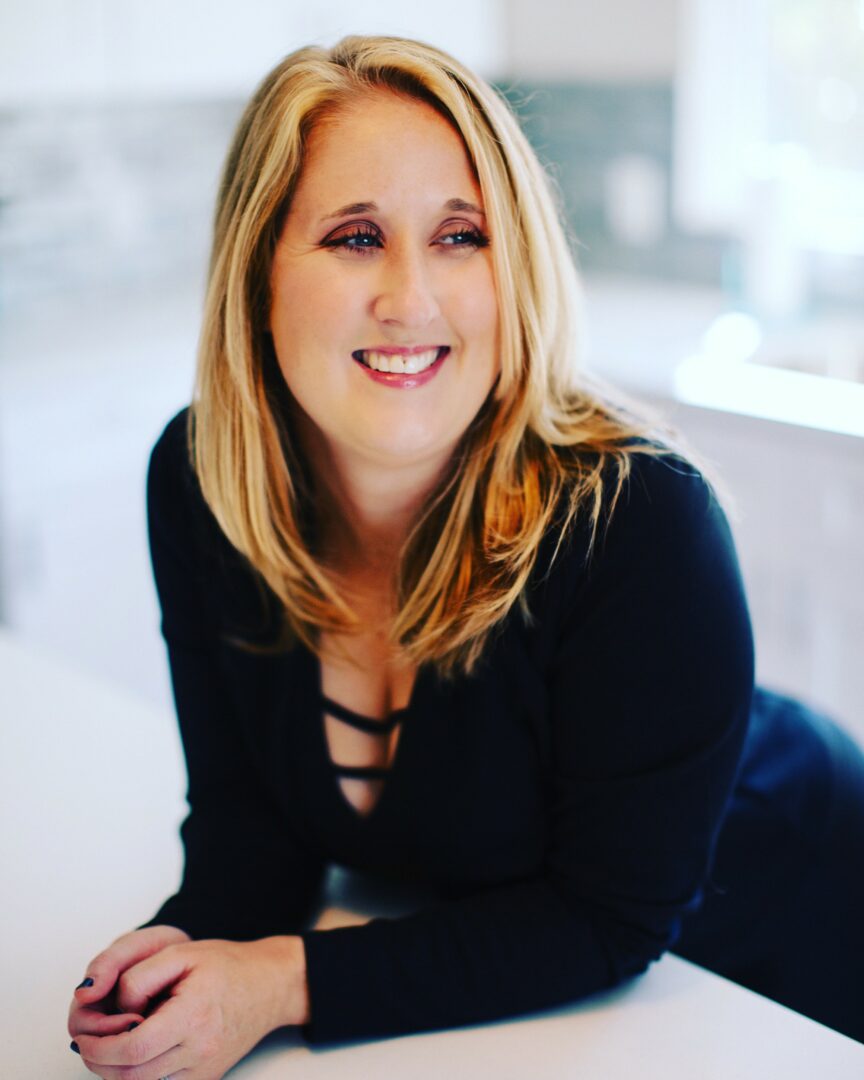We recently connected with Jen Schwytzer and have shared our conversation below.
Jen , so great to have you with us today. There are so many topics we want to ask you about, but perhaps the one we can start with is burnout. How have you overcome or avoided burnout?
As a social worker, foster parent, and the primary support for my husband who was experiencing a medical trauma, burnout came fast and furious. It should have been expected, but it certainly wasn’t on my radar. As a woman who believed she could do it all, I found myself moving through life on autopilot, just going through the motions—pushing forward without stopping to ask for help or even acknowledge how overwhelmed I was becoming. I was burning the candle at both ends, believing that as long as I kept doing, I’d somehow stay ahead. But the reality was much different.
One day, it hit me like a ton of bricks: I couldn’t do this anymore. I was running on empty, and nothing I was doing gave me any sense of fulfillment or purpose. I wasn’t putting my whole self into my work, my family, or even myself. I wasn’t being the person I wanted to be for the people who mattered most to me. I knew something had to change.
That moment of realization was both terrifying and exciting. It forced me to pause and reflect on how unsustainable my current path was. I had always prided myself on being strong, resilient, and capable of handling anything life threw my way. But the truth was, I had stretched myself too thin. I wasn’t just physically exhausted—I was emotionally and mentally depleted too, and it was affecting every aspect of my life.
I had to redefine what “doing it all” really meant. It wasn’t about juggling every responsibility and keeping all the balls in the air. It was about finding balance, creating space for taking care of me, and giving myself permission to say no when I needed to. I realized that being strong didn’t mean doing everything alone; it meant recognizing when I needed help and being vulnerable enough to ask for it.
I began setting boundaries—both personally and professionally. I started carving out time for myself, even if it was just a few minutes a day to breathe, reflect, or enjoy a quiet moment. I learned to delegate and accept support from others, which wasn’t easy for someone who was used to handling everything on her own. But I soon discovered that asking for help didn’t make me less capable; it made me more effective and allowed me to give more of myself where it truly mattered. I learned to start saying no – recognizing that what saying no meant for me – usually it meant I was saying yes to myself or my family which I had been neglecting previoulsy.
Prioritizing self-care became a priority for me in my recovery from burnout. I realized that I couldn’t be the best version of myself—whether as a social worker, foster parent, or wife—if I was constantly running on empty. Whether it was going for a walk, reading a book, or simply getting enough sleep, I started to prioritize my well-being alongside my responsibilities. This shift not only helped me recover from burnout but also made me more present and engaged in all areas of my life.
Another key change was learning to let go of perfectionism. I had always felt that I needed to excel in everything I did, but this mentality was contributing to my burnout. I began embracing the idea that it’s okay to do things well enough instead of perfectly. I stopped holding myself to impossible standards and allowed myself to be human—to make mistakes, to rest, to have off days. A good friend was always there to remind me to “give myself grace” which soon became my mantra.
Lastly, I tapped into and started to refine my support network in a way I hadn’t before. I realized the importance of surrounding myself with positive, uplifting people—those who were optimistic rather than pessimistic. I had been so accustomed to engaging in drama and small talk that I knew it was time to uplevel my relationships. I began to seek out individuals who not only supported me but genuinely cheered me on. I distanced myself from toxic workplace relationships that fueled my stress and self-doubt, and instead, focused on building connections with people who were confident, encouraging, and aligned with my goals. This shift, more than any other, had a profound impact on my personal growth.
Looking back, I see burnout as a wake-up call—an opportunity to realign my life with my values and my needs. It forced me to rethink what success looks like, not just in my career but in my personal life as well. I learned that taking care of myself wasn’t selfish—it was essential. It made me stronger, more resilient, and better equipped to support those I love and serve.
Now, when I feel the weight of life bearing down on me, I stop, breathe, and remind myself: I don’t have to do it all and to give myself grace. And more importantly, I don’t have to do it alone. Burnout is not a sign of weakness—it’s a sign that you’ve been strong for too long without refueling. The real strength lies in knowing when to step back, regroup, and ask for help. And in doing so, we can find balance, purpose, and joy once again. Take it from me!
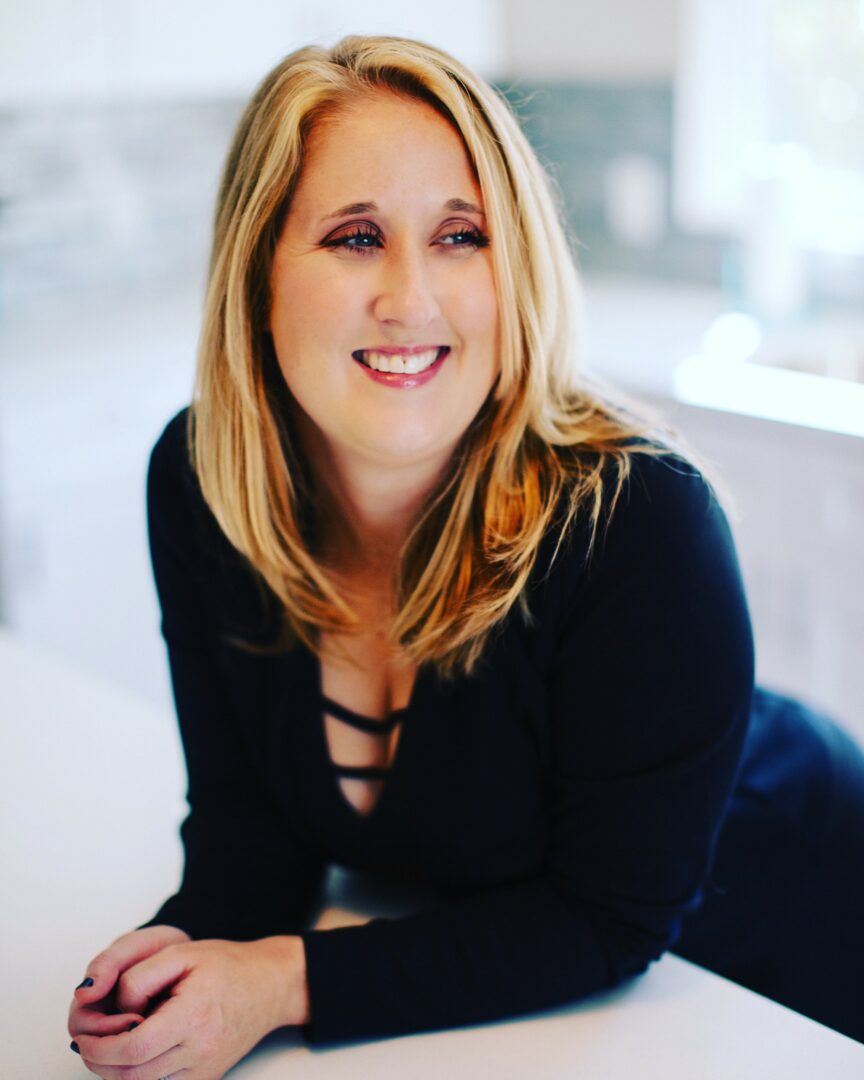
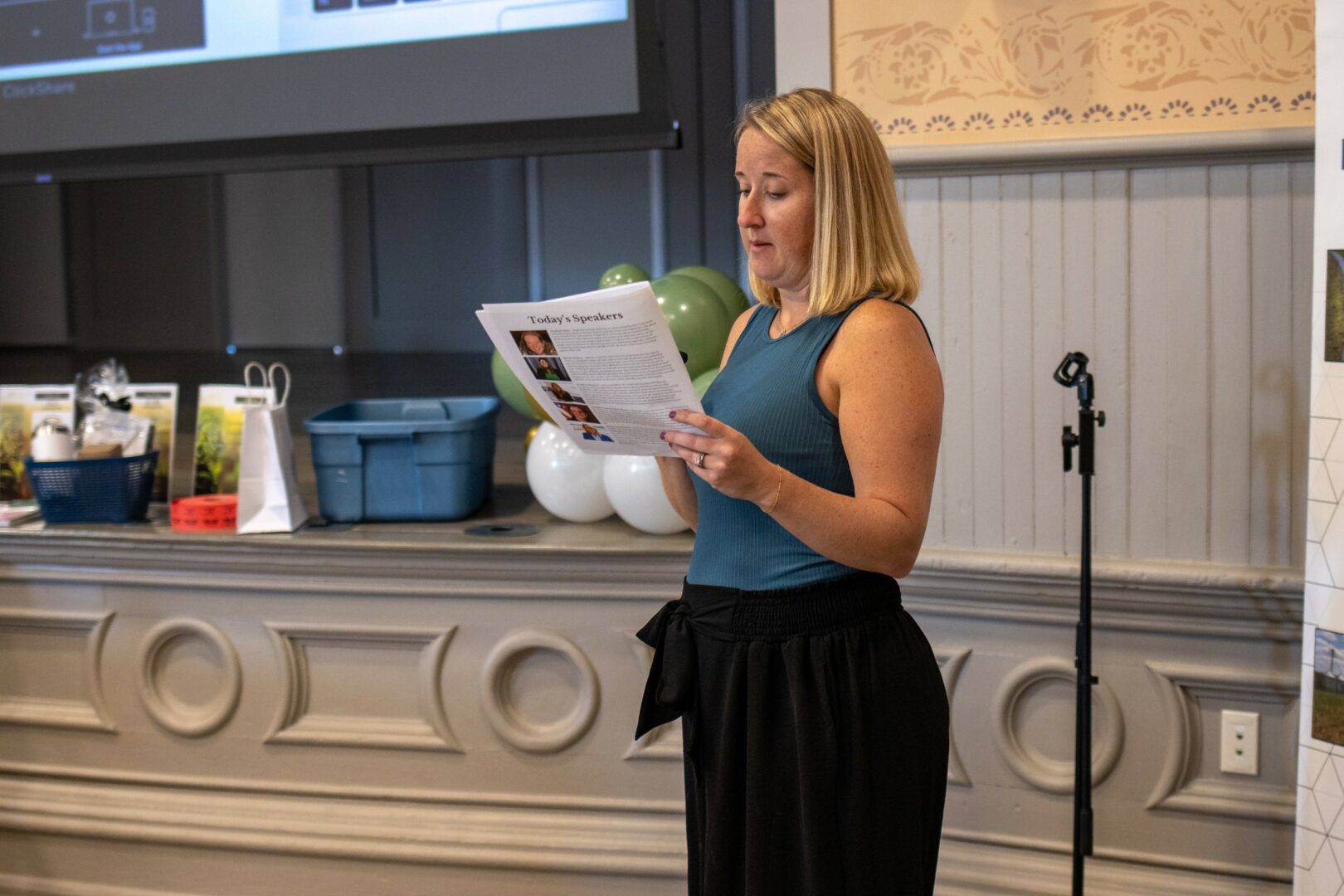
Thanks for sharing that. So, before we get any further into our conversation, can you tell our readers a bit about yourself and what you’re working on?
As a Licensed Social Worker and Foster Parent, I bring a wealth of expertise and compassion to my role as founder of KINDfulness Coaching. With 17 years of experience in social work, I am passionate about empowering individuals to overcome chronic stress and overwhelm, restoring calm and productive order to their lives and career. At KINDfulness Coaching, I offer specialized coaching and consultation services for foster parents and professionals in high-stress careers, helping them find balance, achieve their goals, and thrive.
My approach is personalized and supportive, whether working one-on-one or in group settings. I create a safe space for clients to be challenged and inspired, guiding them through identifying the root causes of their stress, determining their priorities, and making meaningful changes. As a certified Life Coach, I focus on helping individuals embrace their authentic selves, discover their passions, and create a fulfilling life and career.
In addition to my coaching practice, I am deeply engaged in mental health advocacy, collaborating with organizations like the American Foundation for Suicide Prevention and my County Suicide Prevention Task Force. My experience as a foster parent informs my understanding of the unique challenges faced by those caring for children in the foster system. Through KINDfulness Coaching, I offer specialized support to foster parents, providing tools and strategies to navigate the complexities of foster care with confidence and resilience.
My mission is to inspire and empower others to live happier, healthier lives by fostering kindness, compassion, and joy. Whether you’re a foster parent looking for support or a professional seeking to integrate your personal and professional lives, I am here to walk with you through the hard times, cheer you on, and help you take control of your life.
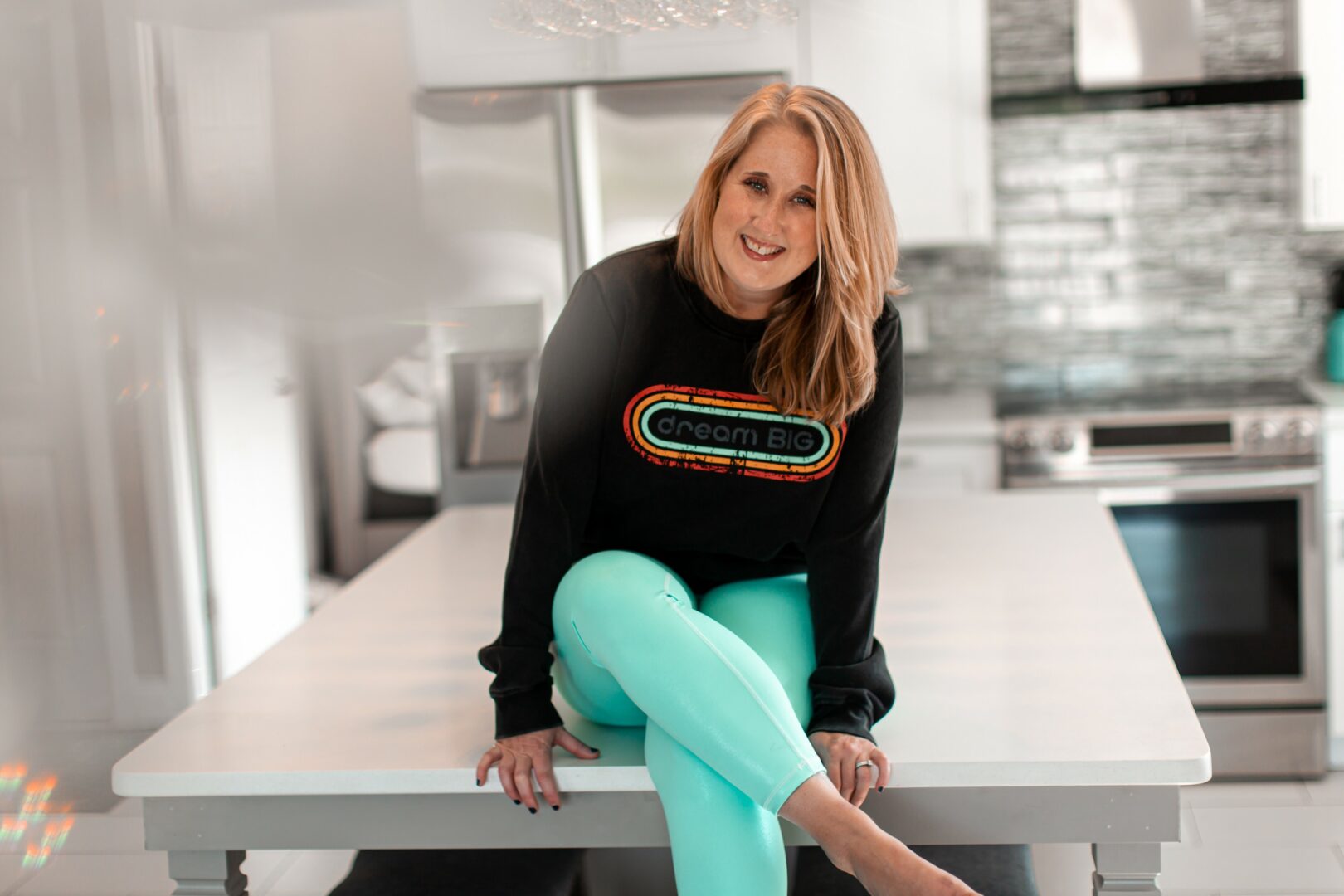
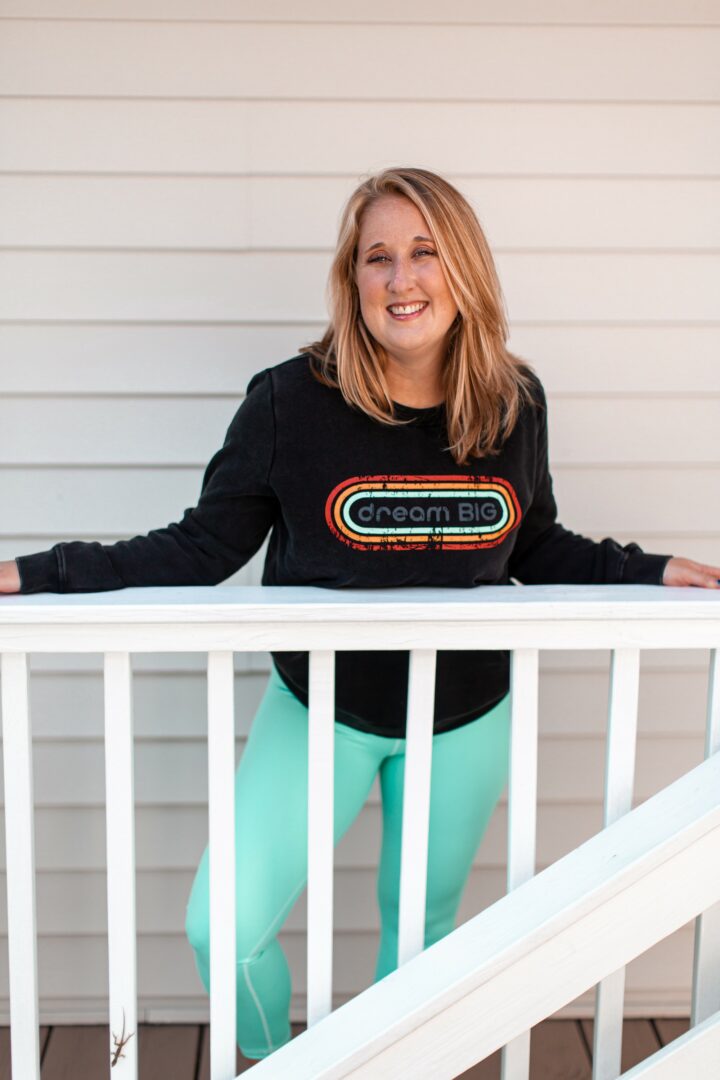
There is so much advice out there about all the different skills and qualities folks need to develop in order to succeed in today’s highly competitive environment and often it can feel overwhelming. So, if we had to break it down to just the three that matter most, which three skills or qualities would you focus on?
Looking back, three key qualities that were most impactful in my journey were resilience, adaptability, and emotional intelligence.
1. Resilience: The ability to push through challenges and keep going, even when things felt overwhelming, was crucial. Resilience allowed me to face setbacks with a mindset of growth rather than defeat. My advice to those early in their journey is to focus on building this muscle through consistent self-care and setting healthy boundaries. Take time to reflect and learn from difficult experiences rather than avoiding or dwelling on them.
2. Adaptability: Life and business are unpredictable (especially for foster parents!), and being able to pivot when necessary helped me stay grounded. The ability to adjust plans, whether it was in my foster parenting role, managing my business, or in my personal life, allowed me to thrive in changing circumstances. I encourage others to practice flexibility in their thinking and approach. Develop the skill to see change not as a roadblock, but as an opportunity for growth.
3. Emotional Intelligence: Understanding my emotions and the emotions of others was invaluable in both my personal and professional development. It helped me navigate complex situations with empathy and insight. I recommend investing time in developing emotional awareness and improving communication skills. Seek feedback and actively work on becoming a better listener.
This is a good place to start and if you need help, reach out to someone who can expertly guide you through these – when I asked for help, these areas became to blossom and helped me with the new trajectory of my life.
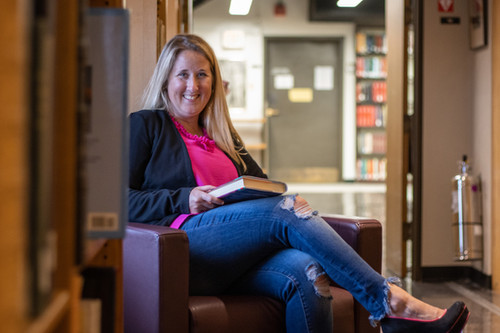
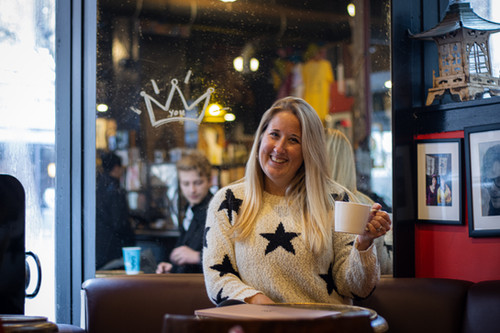
Okay, so before we go, is there anyone you’d like to shoutout for the role they’ve played in helping you develop the essential skills or overcome challenges along the way?
Throughout my journey, working with both a therapist or a coach has been instrumental in my personal and professional development. Having these two different forms of support gave me a safe space to express my feelings, feel truly heard, and be challenged in ways that pushed me to grow.
With my therapist, I had the space to explore deeper emotional layers. They helped me work through difficult moments in my life—such as balancing foster care, family responsibilities, and my business—without judgment. Therapy provided me with emotional clarity, enabling me to process stress, grief, and burnout, while developing a better understanding of myself. It was a place where I could be vulnerable and heal, which in turn helped me bring more focus and intention to my work and relationships.
Having a coach provided the structure and accountability I needed to take action on the personal insights I gained through therapy. Coaching allowed me to challenge my limiting beliefs and build strategies for success in my career. Having a coach pushed me out of my comfort zone in a productive way, encouraging me to set goals, create boundaries, and cultivate a sense of balance.
Both these relationships allowed me to feel validated, heard, and empowered. They provided essential support during key moments in my life, enabling me to grow not only as a person but also as a business leader.
Contact Info:
- Website: https://www.kindfulnesscoaching.com
- Instagram: https://www.instagram.com/kindfulness_coaching
- Facebook: https://www.facebook.com/kindfulnesscoaching
- Linkedin: https://www.linkedin.com/in/jlschwytzer/

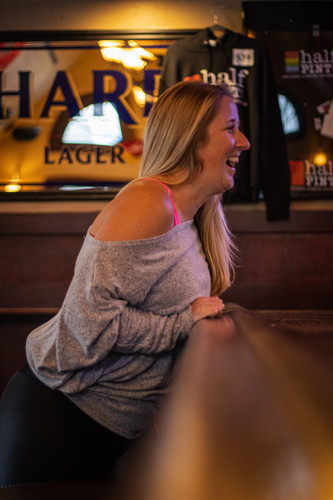
Image Credits
Meg Tyo – Sweet Home Photography
so if you or someone you know deserves recognition please let us know here.

